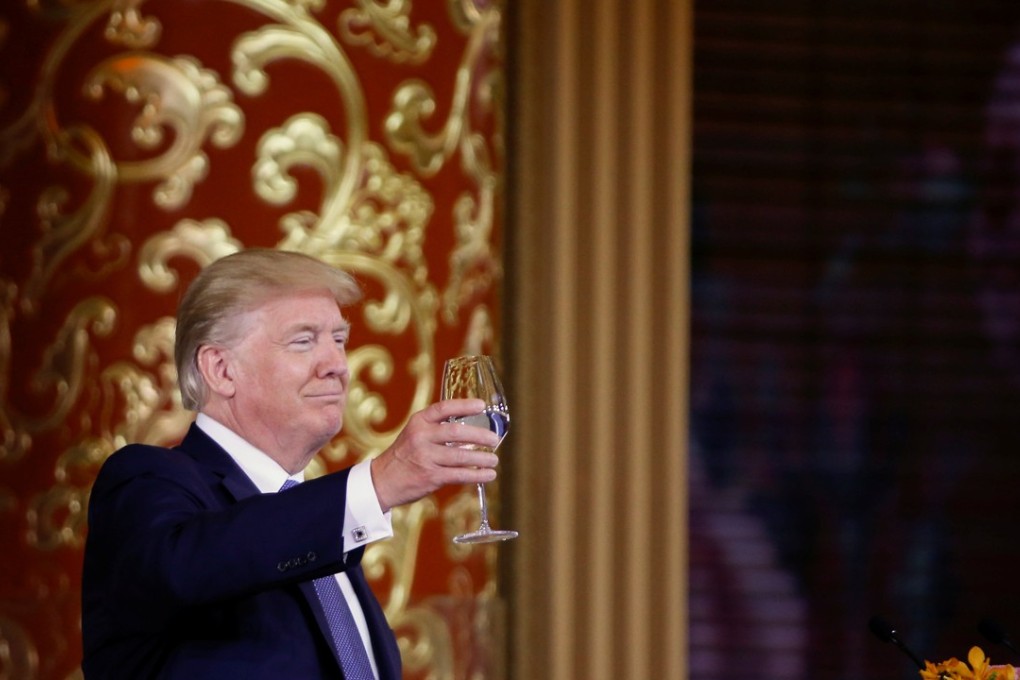UN needs to be made better in the Trump era, not destroyed
The US president may have rejected globalism with his ‘America first’ policy, but the rest of the world can still work towards peace, stability and economic growth

The United Nations is a multilateral system for settling international disputes established after the second world war. Its performance has been far from perfect, as reflected in disparaging labels such as impotent, ineffective, bureaucratic and undemocratic. The frustrations these terms convey over struggles to reach consensus or even compromise are understandable. But in a sense they are also cheap shots. The UN remains the only universally recognised mechanism for preventing disputes from escalating. It needs to be made better, not pulled down. It is ironic then that the greatest threat to the multilateral concept comes from the leader of the country that was instrumental in establishing the UN and World Trade Organisation among other institutions, and one of its most articulate defenders is the leader of a country whose criminal aggression under the Nazi regime prompted the creation of the UN. In his recent address to world leaders gathered at the UN General Assembly, United States President Donald Trump developed the theme of US sovereignty and reaffirmed his “America first” policies. “America will always choose independence and cooperation over global governance, control and domination,” he said. This resonated with criticism of “unelected, unaccountable global bureaucracy”. Reinforcing it, he said: “We reject the ideology of globalism and we embrace the doctrine of patriotism.”
Without naming Trump, German Chancellor Angela Merkel told a gathering in Berlin that nationalism and a winner-takes-all attitude were undermining the cohesion of Europe. Declaring this a decisive time for standing up for supposedly self-evident truths, Merkel stated the obvious – that win-win outcomes could hardly be achieved if some were approaching the resolution of disputes with the prevailing attitude. “Where compromises are scorned, democracy is in danger,” she said. It was the “supreme discipline of democracy” to find a balance between different interests. She did not need to name Trump for everyone to know to whom she was referring.
In a further irony, given his scorn of multilateralism, Trump thanked China, South Korea and Japan for working with the United States on the North Korean nuclear issue. And, in a repudiation of his disruptive withdrawal from the Iran nuclear deal and the Paris climate accord, Europe has formed a united front against US confrontation with Tehran, including a plan to work around sanctions. Multilateralism, thankfully, lives. Its institutions remain part of a post-world war security system set up by America and its allies that has so far avoided global war. The US can still lead needed reform, but it needs commitment. Regrettably, Trump seems to have no grasp of this imperative of global peace, stability and economic growth.
